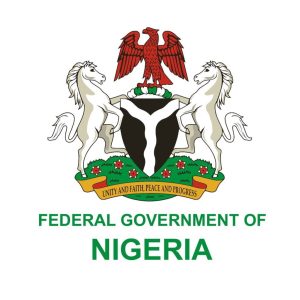The nation’s policy on women’s empowerment has been approved by the Federal Executive Council (FEC).
Since women make up more than half of the population in Nigeria, it has become crucial to incorporate them because doing so is one of the most surefire ways to advance the country.
This was revealed on Wednesday in Abuja by the Minister of Women Affairs, Mrs. Pauline Tallen, who expressed optimism that the new WEE strategy would aid in the best possible growth of the nation.
One of Nigeria’s federal ministries that supports the development of women and children is the Federal Ministry of Women Affairs and Social Development. The current leader of the ministry is Pauline Tallen.
The duty of evaluating substantive and procedural laws affecting women falls under the purview of the Ministry of Women’s Affairs.
As part of its efforts, the Ministry supports cottage industry projects that aim to improve the economic empowerment of women by giving equipment and training to women’s cooperatives.
The Ministry also supports initiatives for women’s health and literacy.
The Impact of empowering women in Nigeria
In Nigeria, empowering women has been a means of reducing women’s poverty, vulnerability, and dependence in all facets of life. The key to women’s empowerment in Nigeria is a combination of educational, political, health, and legal empowerment.
Women’s economic and human rights, as well as their contributions and priorities, have historically received little attention.
They spend more time nationwide performing unpaid care work, are more likely to be unemployed, dominate the unprotected informal sector, are less productive than men for work of comparable value, are underrepresented in public and corporate economic decision-making, and are more likely to hold part-time formal employment in most high-income regions.
To fully participate in efforts to shape responses to these intersecting crises, as well as to have a voice on par with men at all levels of economic decision-making, women will be able to do so through the empowerment policy.
They will also be able to influence the design of recovery packages and evaluate their effects from a gender perspective.
UN Women has been working to encourage the adoption of affirmative procurement policies and laws at all levels of the government in Nigeria to support women-owned businesses.






